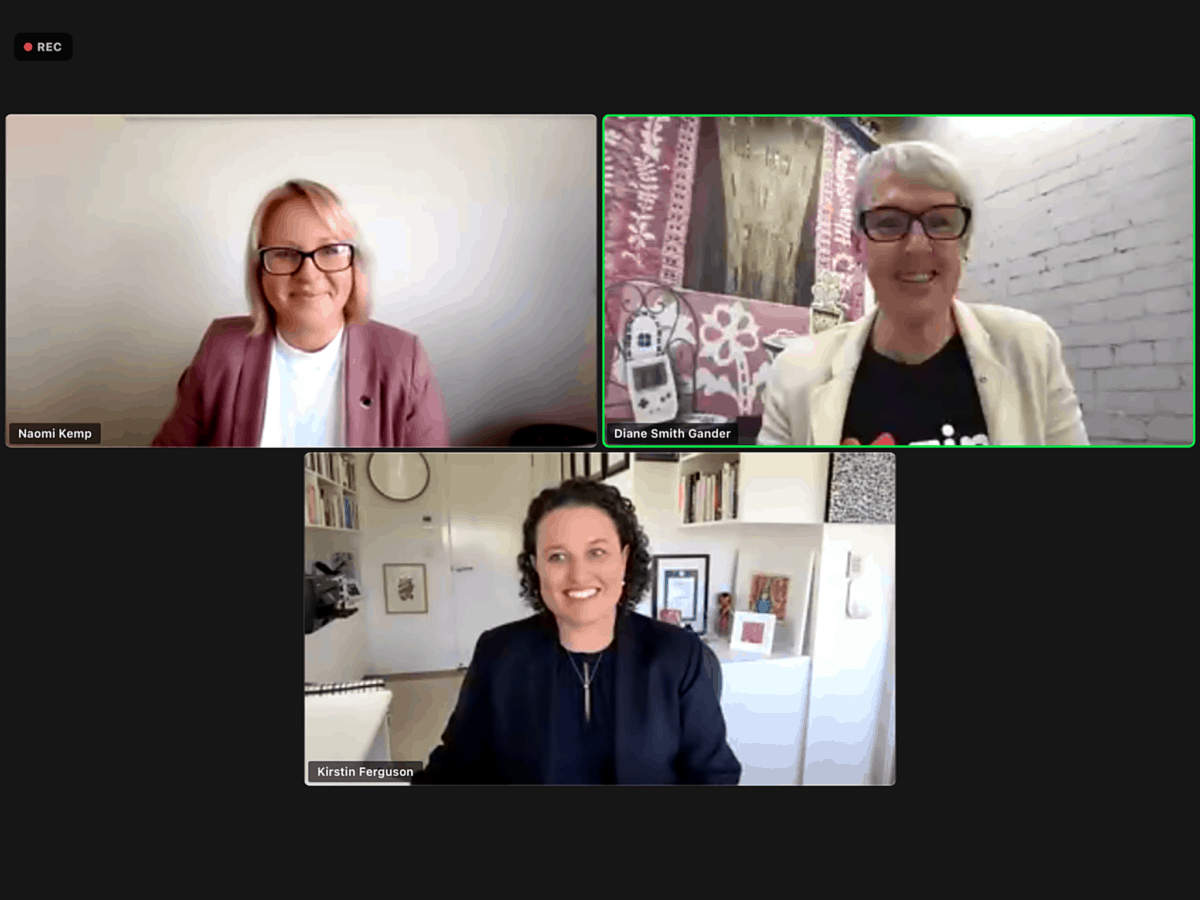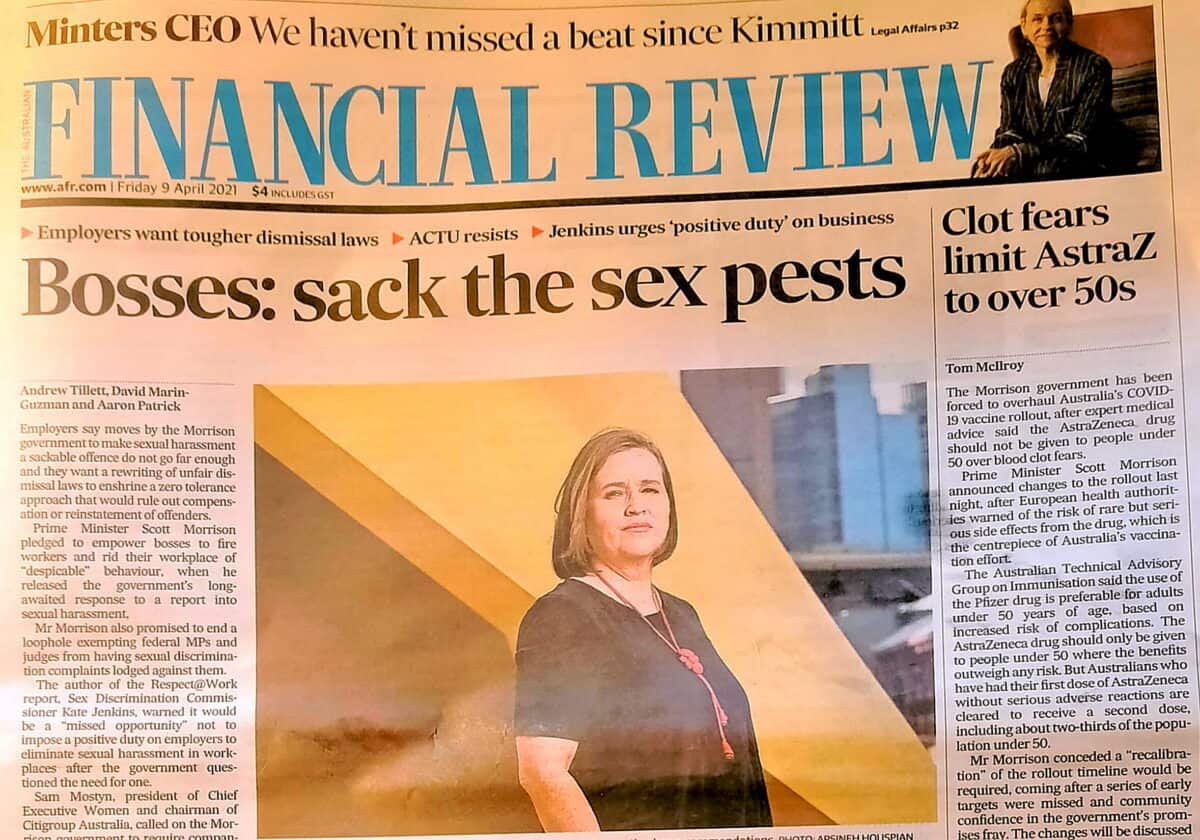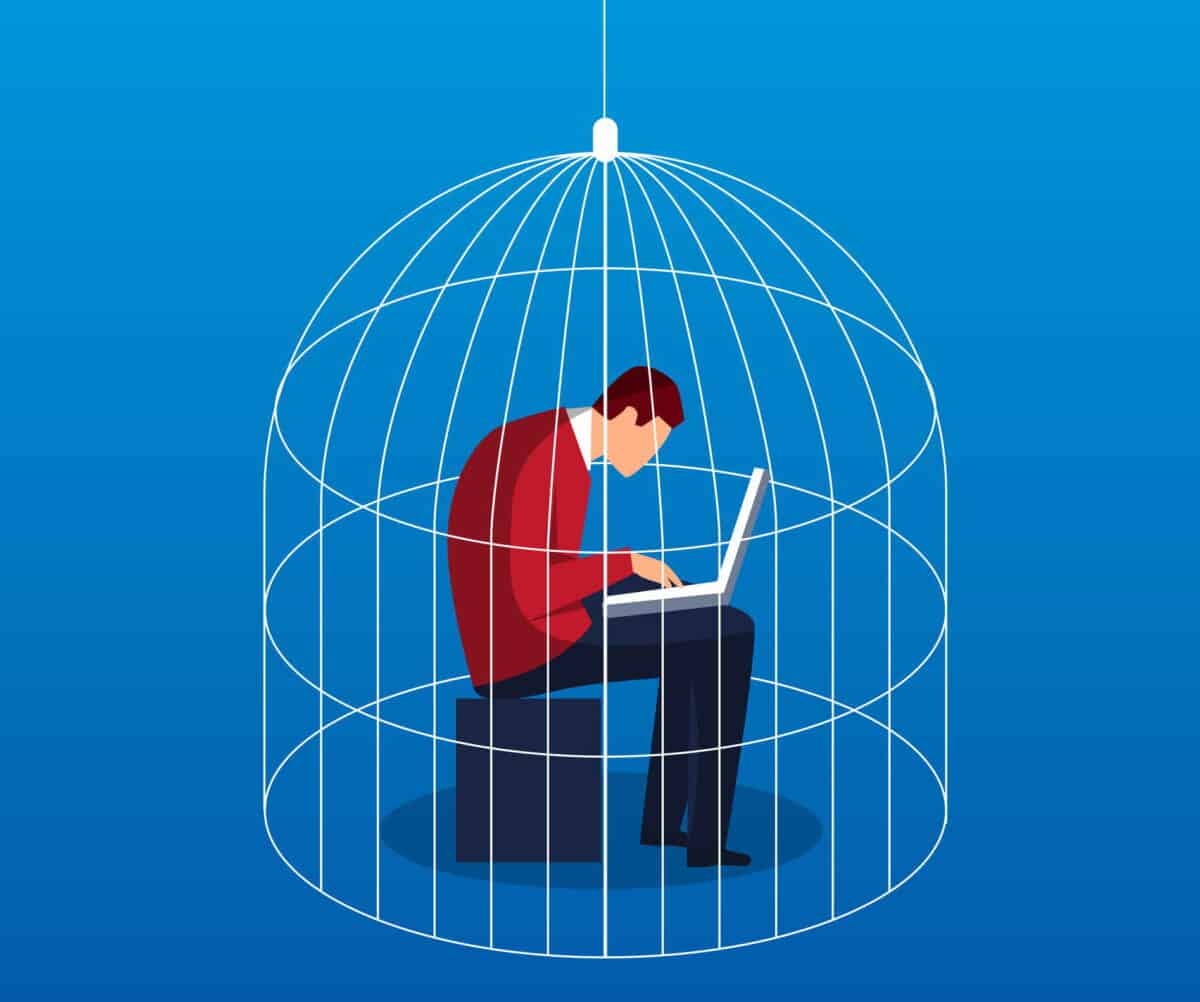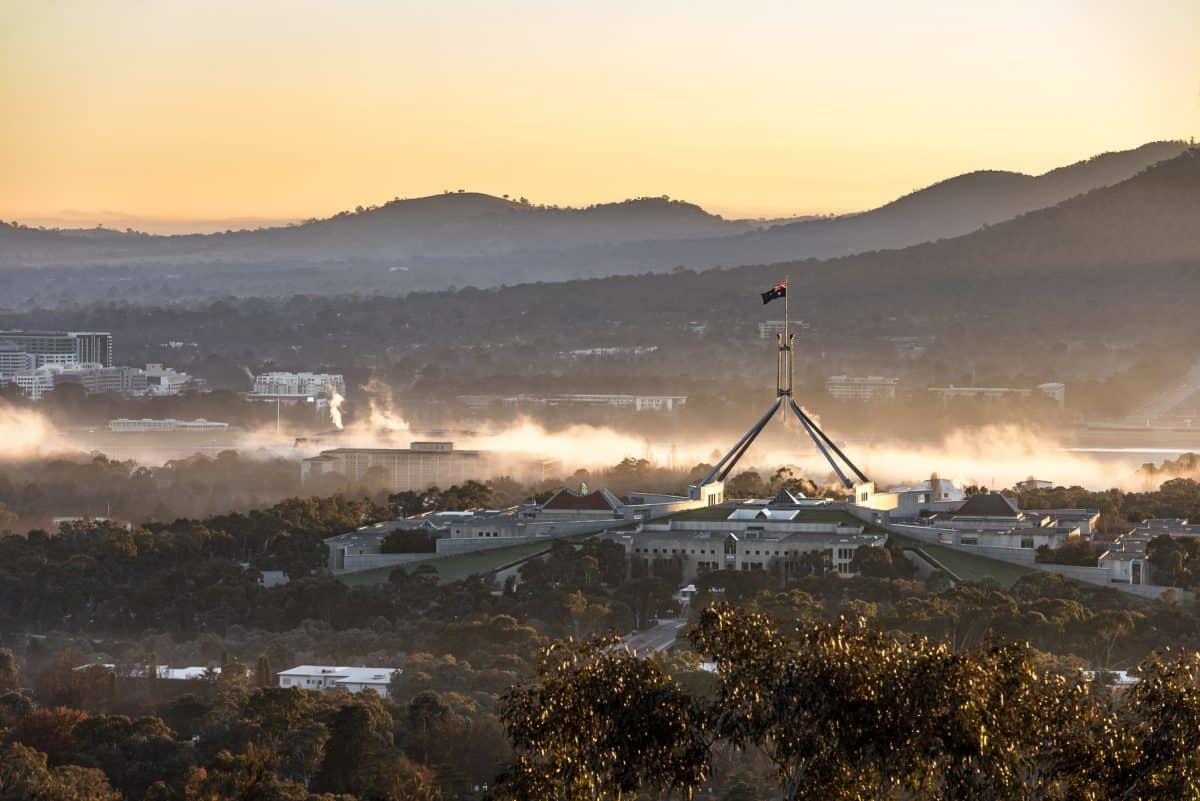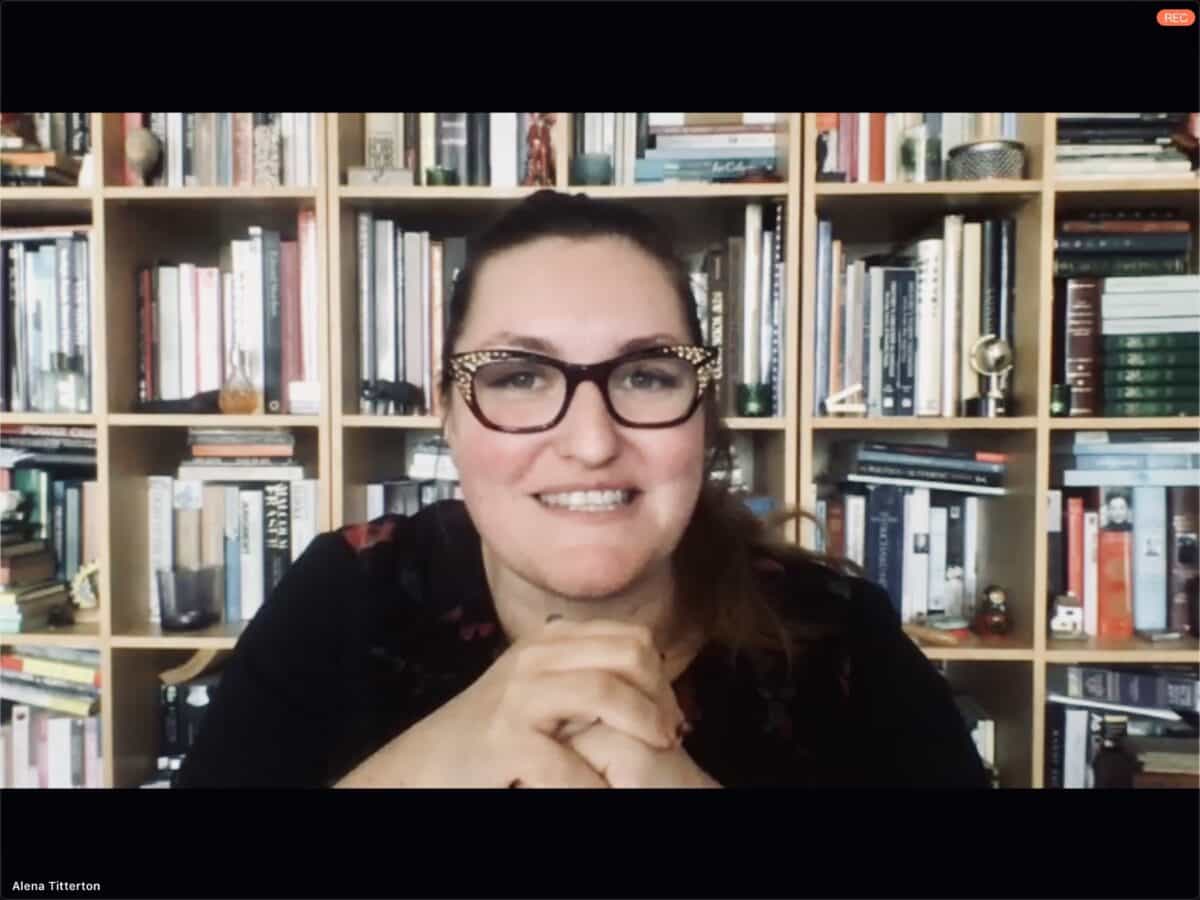Inquiries need more evidence and less anecdote
Recently the Australian Council of Trade Unions (ACTU) made a curious submission to the Federal Government’s Senate Select Committee on Job Security. This submission (not yet available online) illustrates the ACTU’s political and ideological position of job security and precarious work, including the occupational health and safety (OHS) impacts, but it could have been more …


